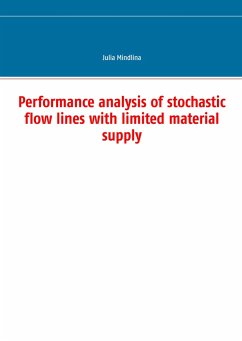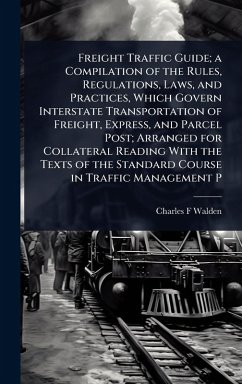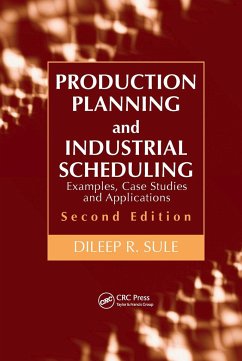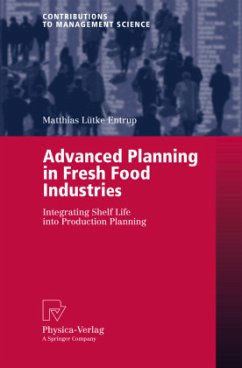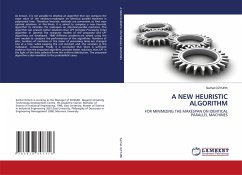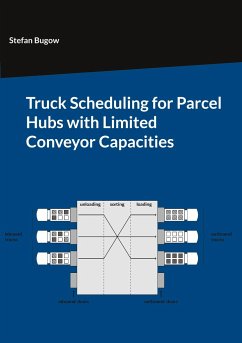
Truck Scheduling for Parcel Hubs with Limited Conveyor Capacities

PAYBACK Punkte
0 °P sammeln!
In the postal service industry, parcel hubs are widely used to consolidate freight on an intermediate stage of the distribution network. By consolidating parcels, the utilization of trucks is increased, transportation costs can be reduced and shorter delivery times can be achieved. The internal transfer of parcels in these parcel hubs is mainly conducted on capacity-constrained conveyor systems. Individual conveyors can easily be overburdened in case a multitude of incoming trucks with a large number of parcels designated for the same conveyor are unloaded concurrently. Thus, scheduling incomi...
In the postal service industry, parcel hubs are widely used to consolidate freight on an intermediate stage of the distribution network. By consolidating parcels, the utilization of trucks is increased, transportation costs can be reduced and shorter delivery times can be achieved. The internal transfer of parcels in these parcel hubs is mainly conducted on capacity-constrained conveyor systems. Individual conveyors can easily be overburdened in case a multitude of incoming trucks with a large number of parcels designated for the same conveyor are unloaded concurrently. Thus, scheduling incoming trucks efficiently is crucial for the operational performance of the parcel hub. This book explores different approaches to optimize the truck scheduling problem at parcel hubs by developing several mathematical optimization models. Further, the author illustrates efficient algorithms to solve the mathematical problem and designs a simulation model to further investigate the problem setting. The results show that optimized truck schedules have the potential to significantly improve the operational performance of parcel hubs.





